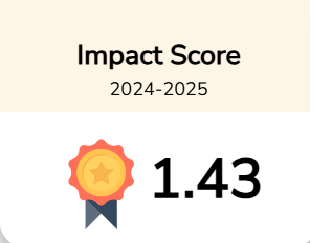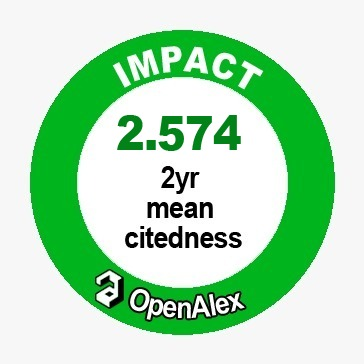Impact of Low Cost Housing on the Perceived Quality of Life and Well-Being of its Occupants
Downloads
Housing issues within the South African context continue to provide challenges to all role players. Human ecologists agree with the government’s view that a house encompasses more than a structure, and that its environment and location are equally important in meeting the needs and expectations of the occupants. This study was undertaken to establish whether the planning and building of housing units do indeed comply with government policy and adhere to the set standards for houses being “more than just a structure”. In this study evaluation research was undertaken using multiple data collection techniques such as documentary content analysis, a semantograph, focus groups and a survey conducted by means of a structured questionnaire. This article will only report on the quantitative research methodology where a questionnaire was used to ascertain to which extent the needs of individuals in a low cost housing development in Cape Town, South Africa, had been met in compliance with indicators for healthy housing. The sample of the study was systematically selected and included 400 households. Descriptive statistics were used to analyse the data. The research found that the houses developed did not contribute to improved health and the quality of life amongst the inhabitants.





